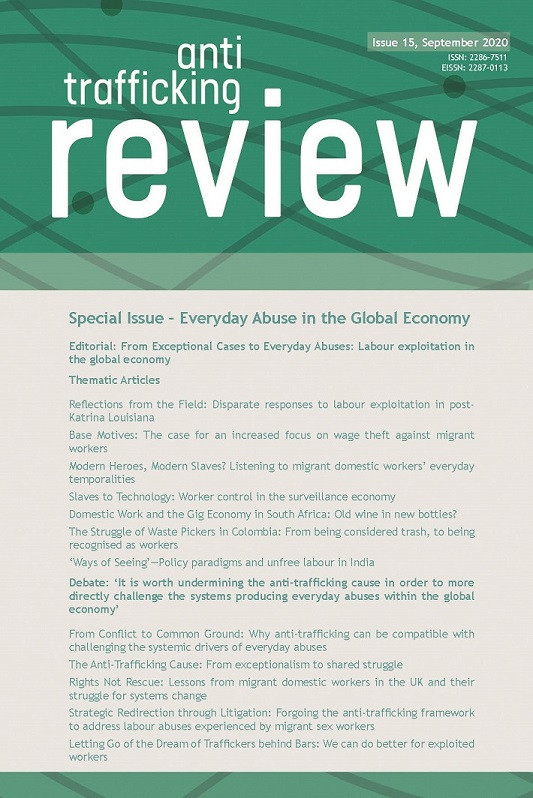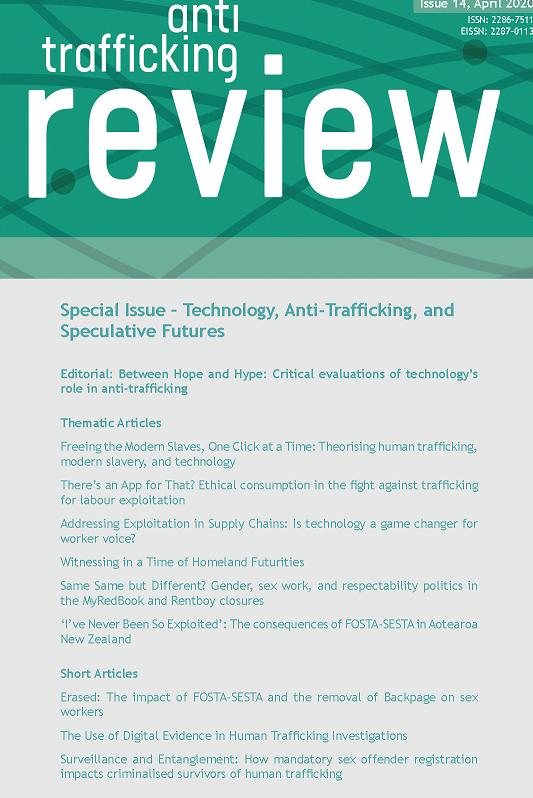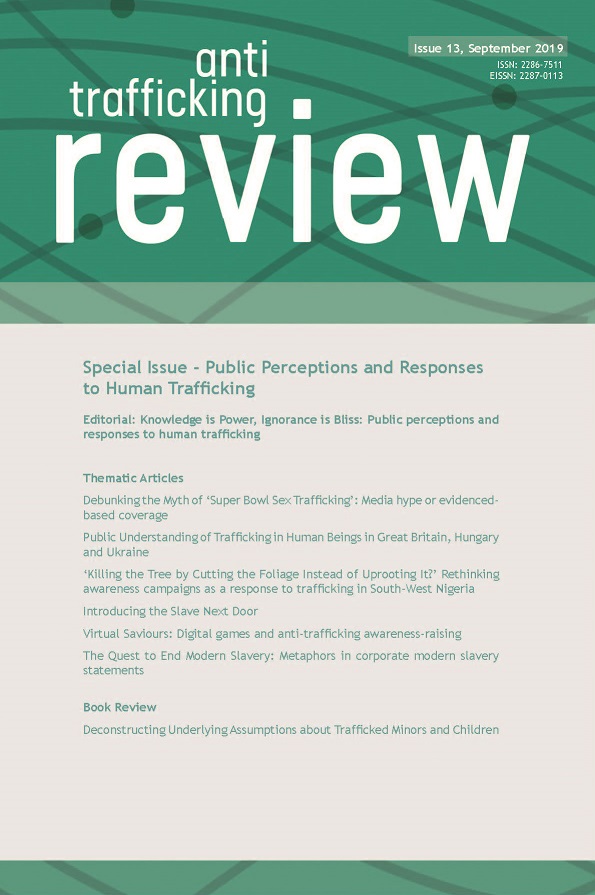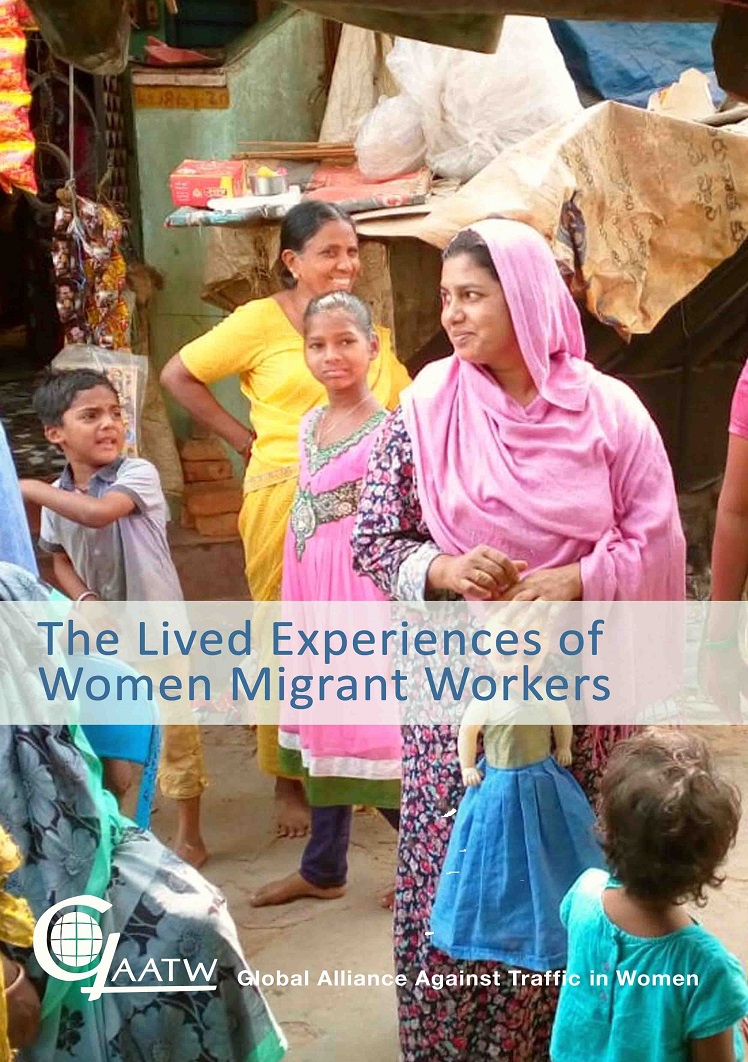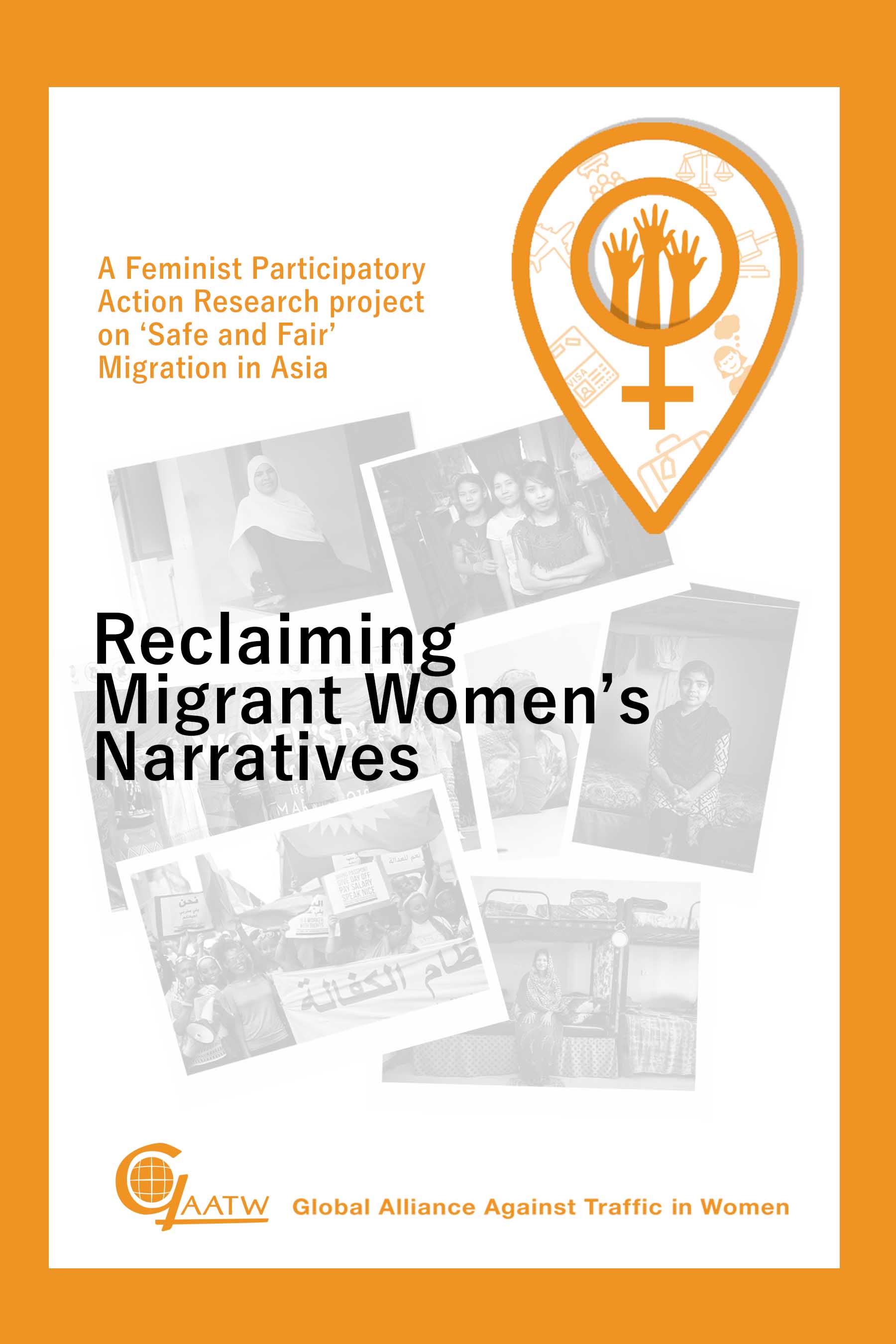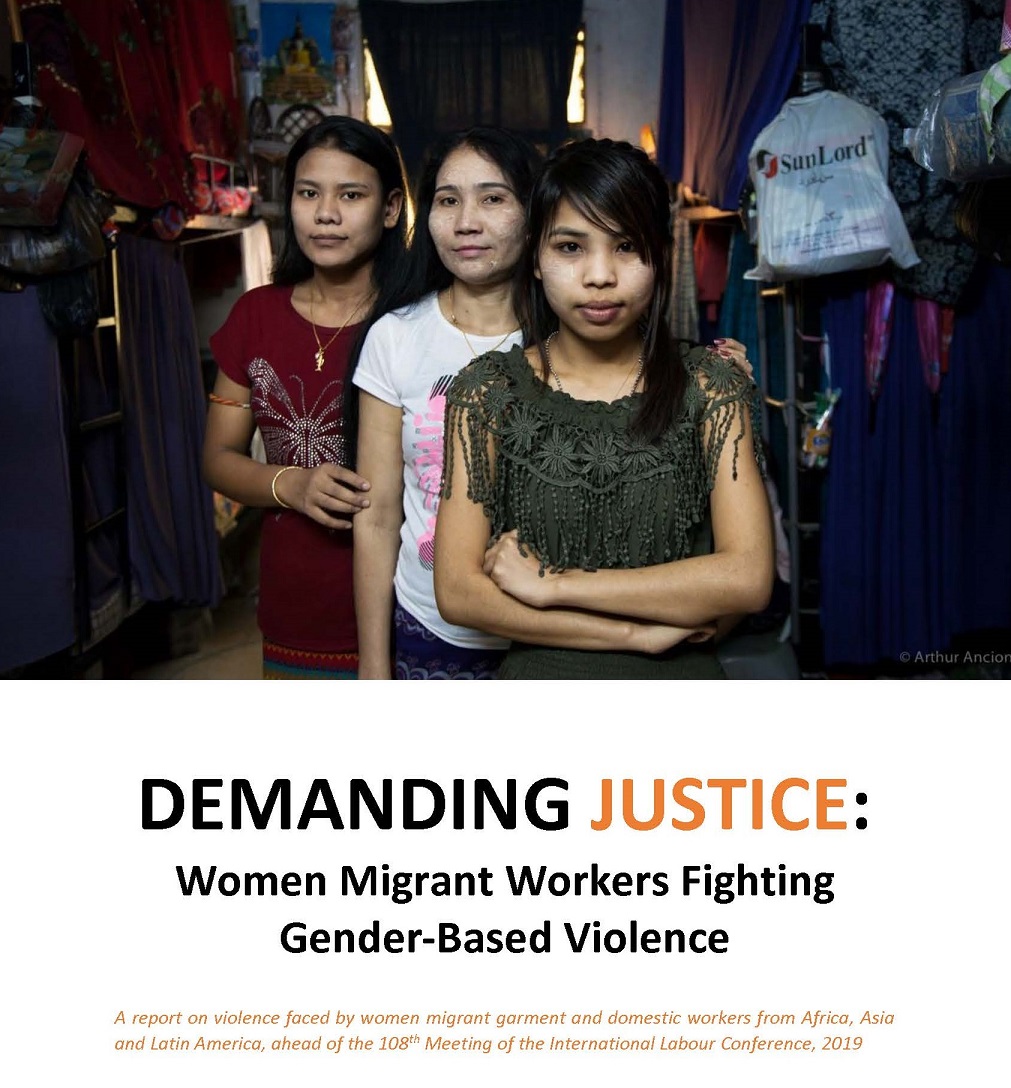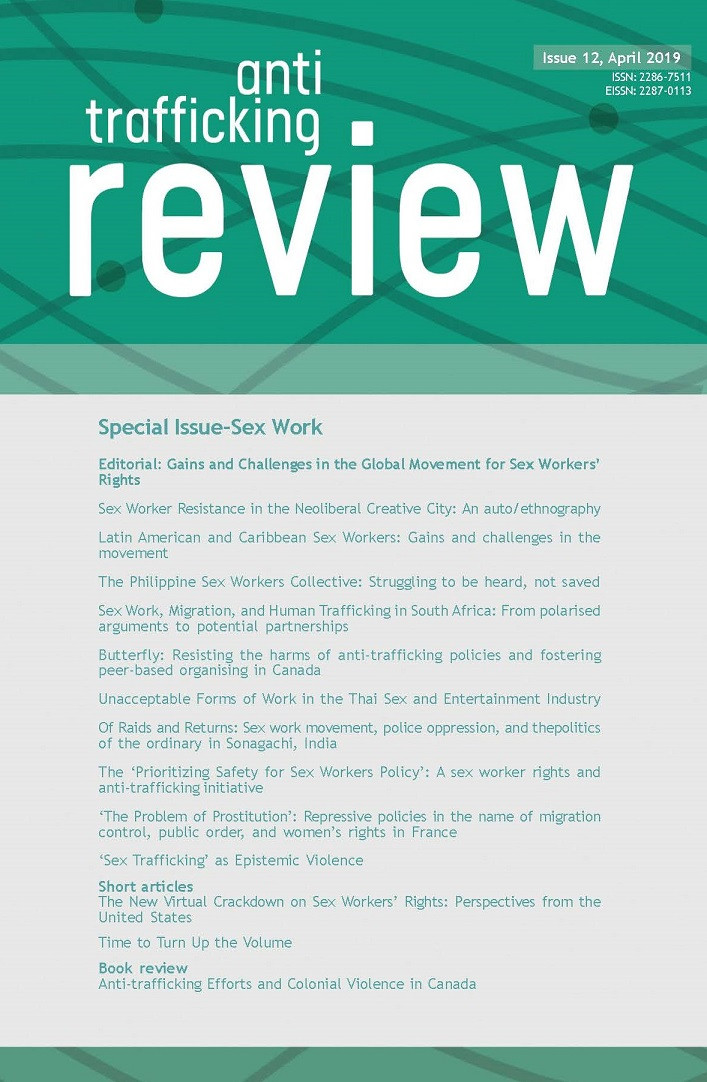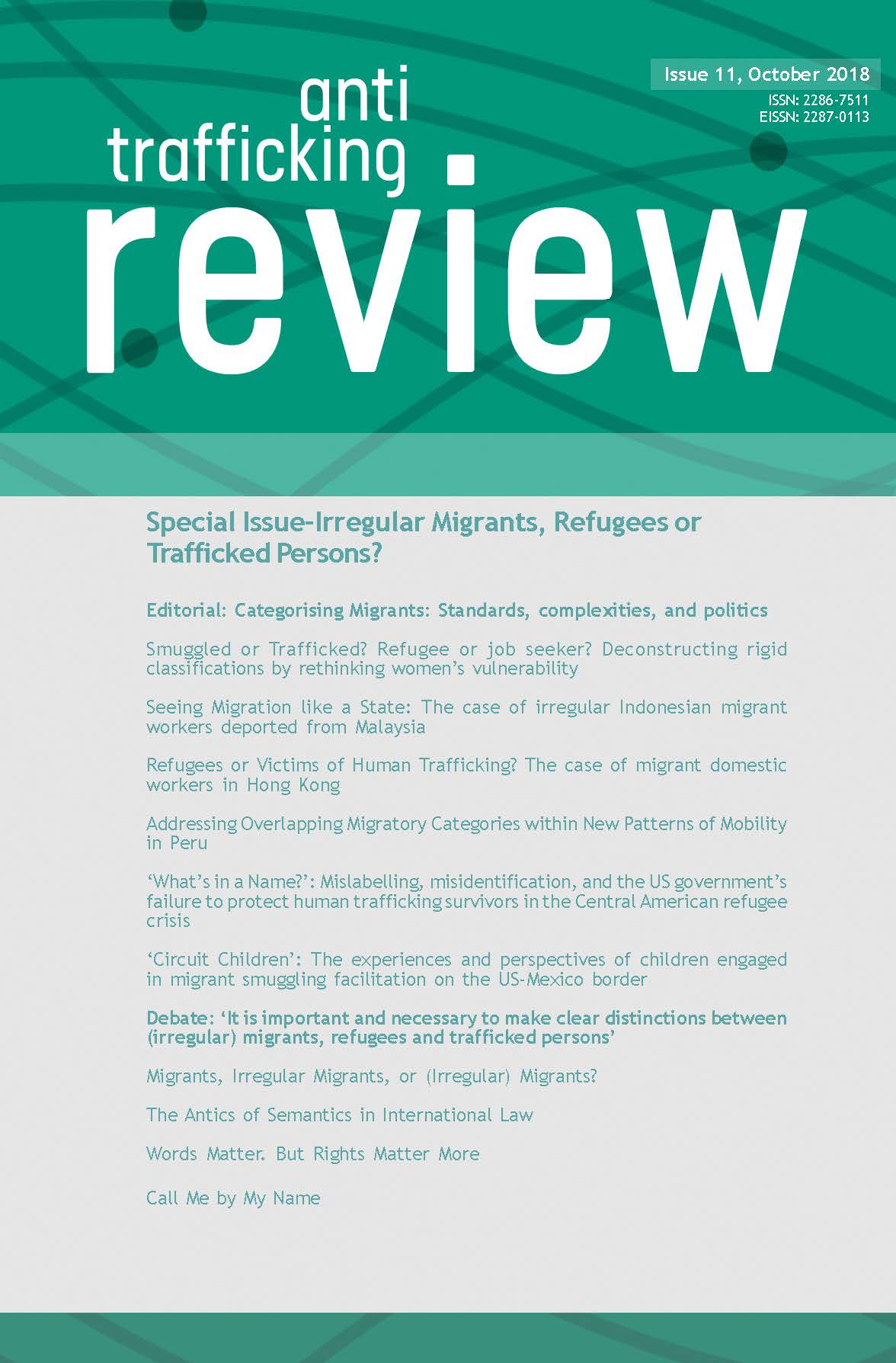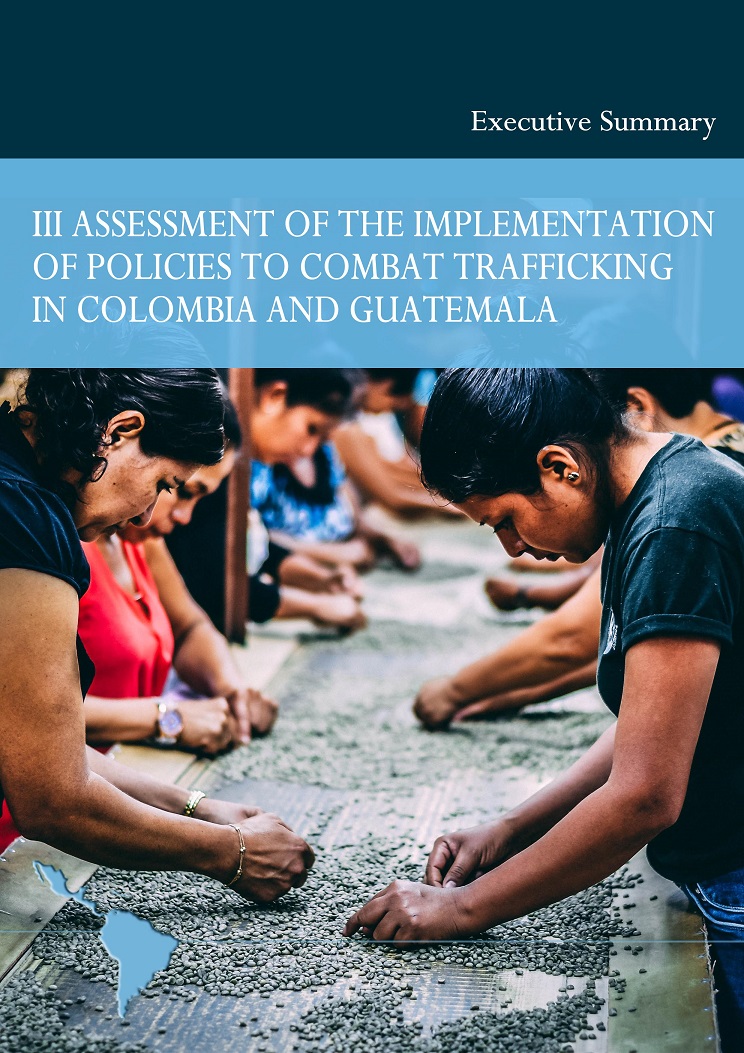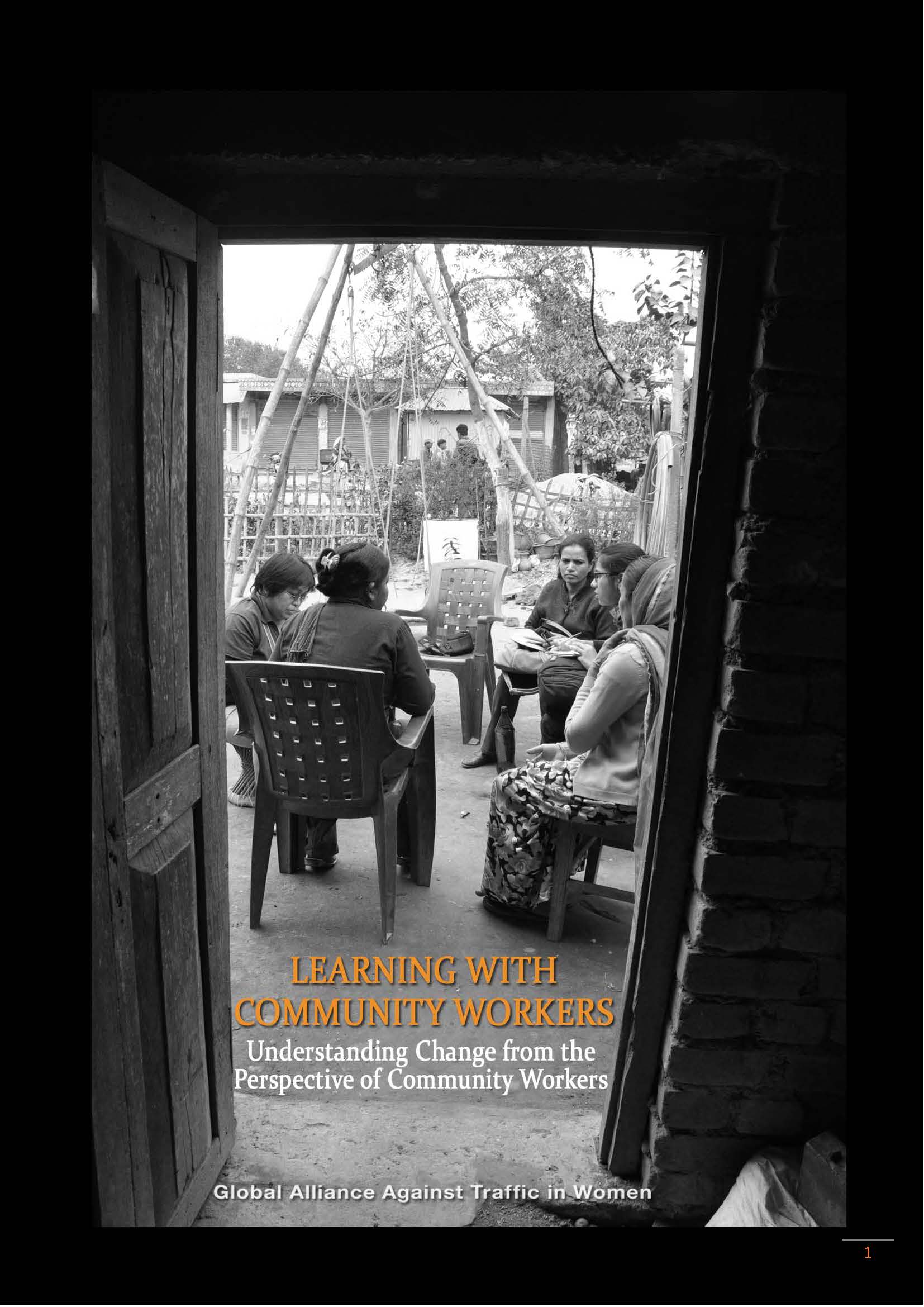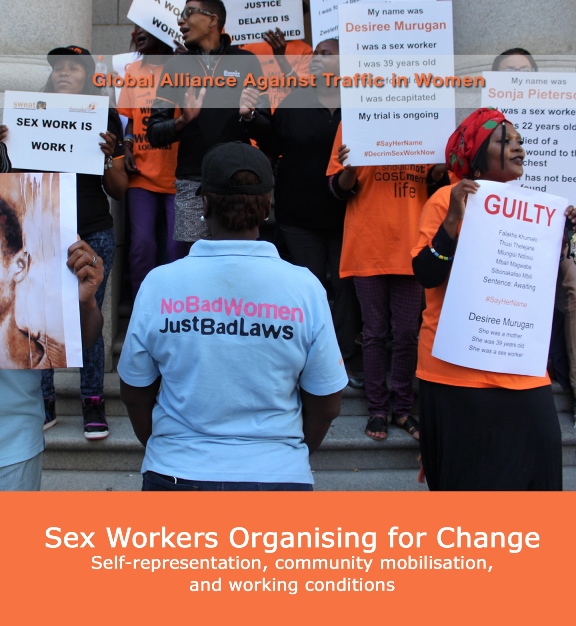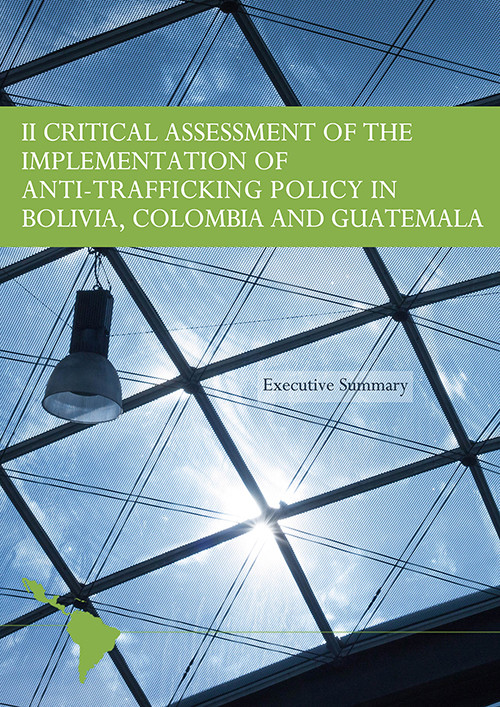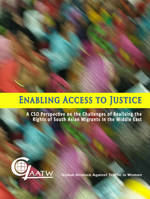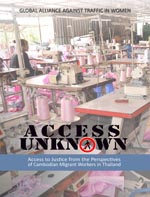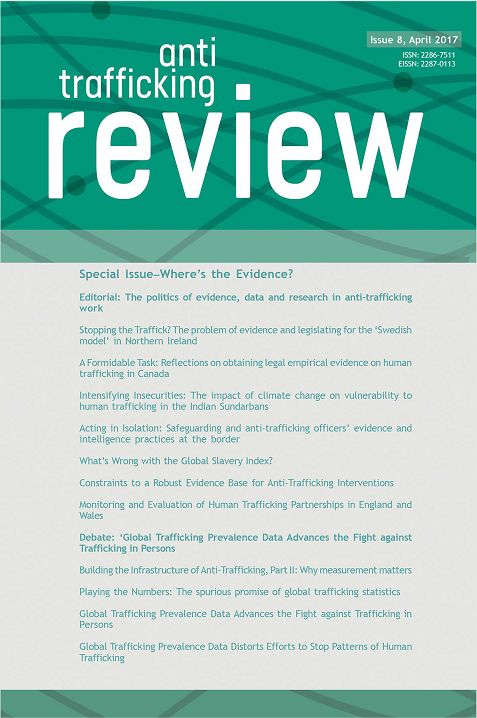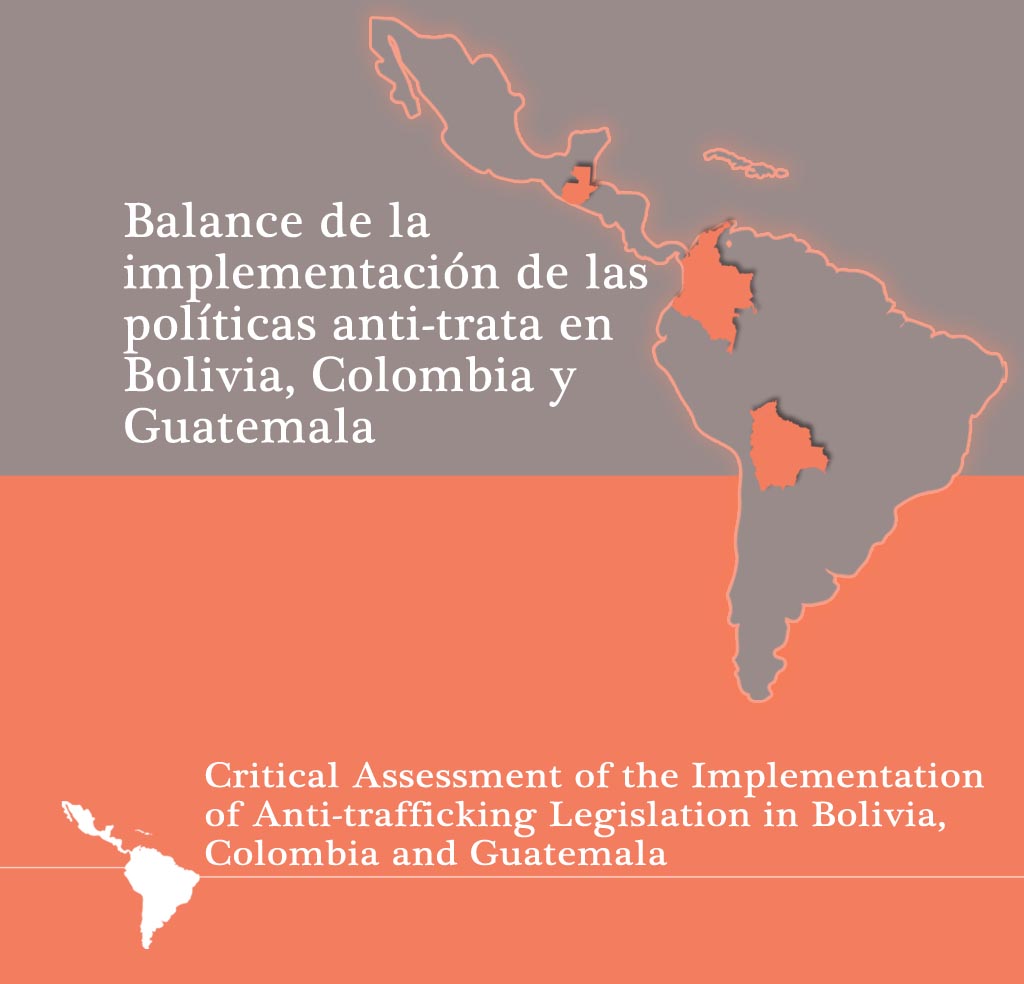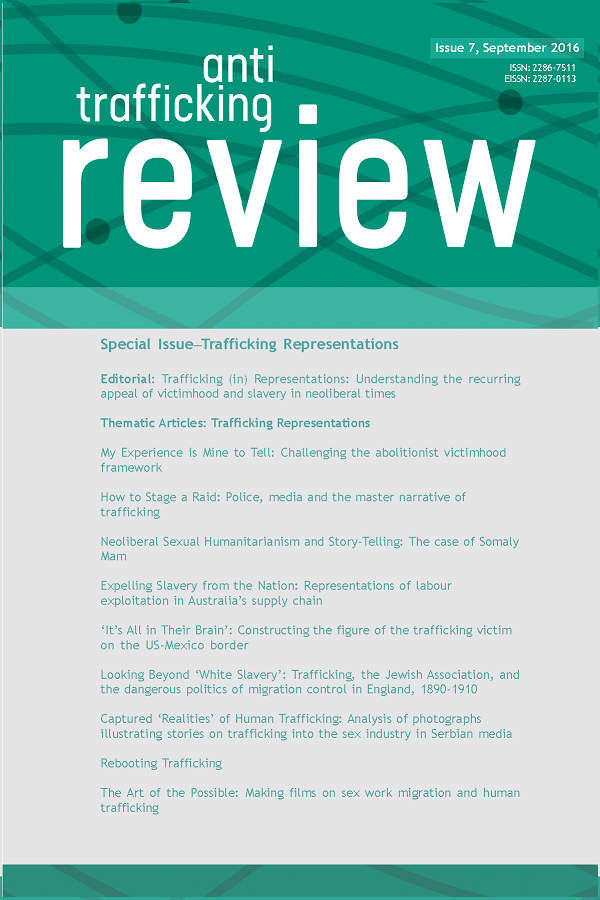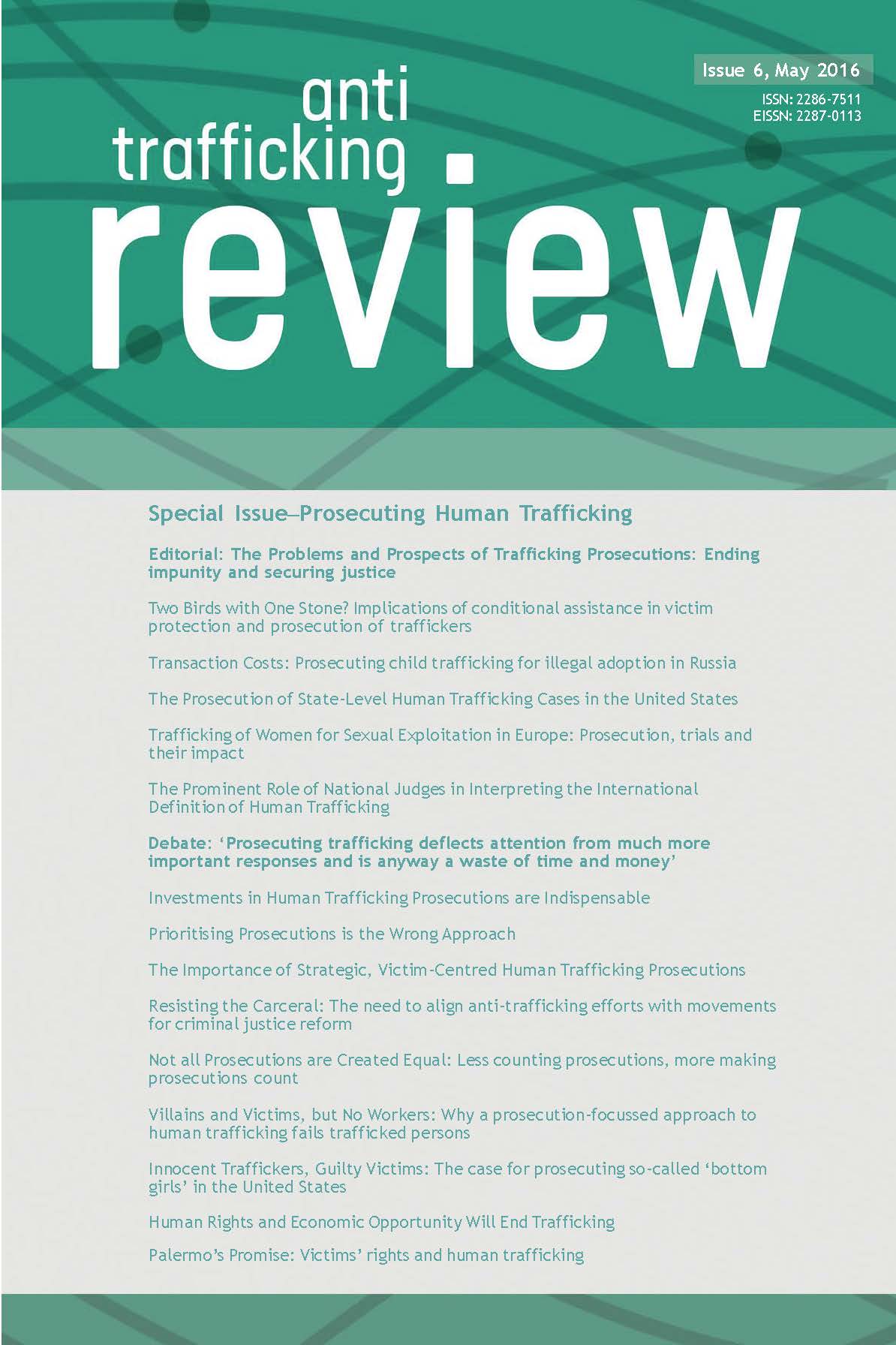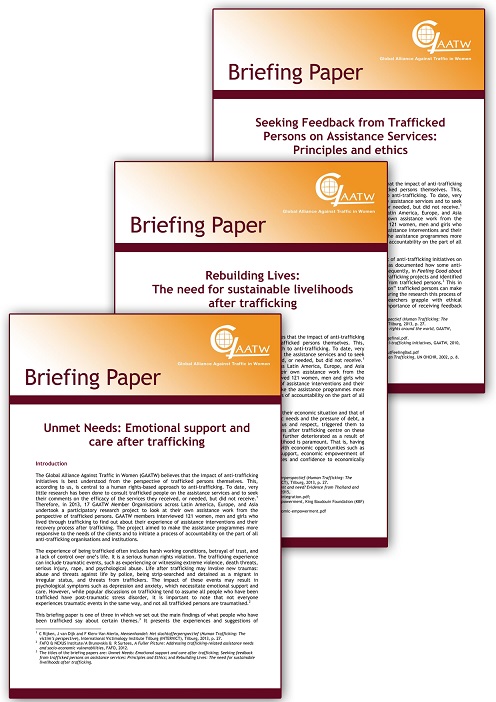Empowering domestic workers by unpacking the forces that disempower their everyday life
.pdf - Adobe Acrobat Pro 2_8_2021 4_36_32 PM.png)
Critical literacy is fundamental in the fight for social justice. In mapping the education tools available for women in low wage and informal work, the Global Alliance Against Traffic in Women, Asia Floor Wage Alliance, and International Domestic Workers Federation identified a gap in linking women’s work at home and in the workplace with the larger (and rising) global inequities. While there are many trainings on collective bargaining, worker organising, and gender-based violence in the workplace, women’s struggles for labour rights require deeper exploration. There is a need to ask how capitalism and patriarchy control women’s bodies and agency throughout their lifetime. There is a need to connect the socioeconomic invisibility of women’s work to the bigger goal of securing rights for ALL workers.
Narrative for Domestic Workers (written and developed by Self Employed Women's Association, India) and Buku Pegangan Pendidikan Politik Pekerja Rumah Tangga (written and developed by JALA PRT, Indonesia) aim to contribute to the political education of women domestic workers from India and Indonesia. The country-specific training tools are designed to be taken up by the women’s groups one at a time, with emphasis on learning through discussions and reflection. The handbooks tackle a range of obstacles to women’s advancement and participation in public life: gendered division of labour; reproductive labour and unpaid care work; domestic violence; discrimination on the basis of gender, class, caste, and ethnicity; and exploitation. As materials founded on critical literacy, they also situate women’s work in the local and global labour markets, tackling governance and labour and migration laws that affect not only women domestic workers’ right to work and mobility, but also their freedom to organise and secure collective agreements.
Developed for and with domestic workers, Narrative for Domestic Workers and Buku Pegangan Pendidikan Politik Pekerja Rumah Tangga use conversations in tackling the systemic gender inequality that Indian and Indonesian women experience. But the conversations do not only focus on how power relations undermine women’s rights. Both handbooks also emphasise that women are sources of power and how women workers’ organising can counter the forces that disempower them.
Both Self Employed Women's Association and JALA PRT have started online dissemination of the handbooks among their networks of domestic worker organisations and women organisers. Some Kerala workers who have used the Hindi and Malayalam versions of Narrative for Domestic Workers reported reading the handbook with their older children, to better understand the politics of domestic work and migration. The material is scheduled for translation into Oriya and Bengali. Meanwhile, JALA PRT has lined up online discussions about Buku Pegangan Pendidikan Politik Pekerja Rumah Tangga, which will be shared on its social media platforms. The handbook will also be used in topic-specific discussions that JALA PRT regularly holds with domestic worker unions from North Sumatra, South Sulawesi, and Yogyakarta.
To download, click Narrative for Domestic Workers and Buku Pegangan Pendidikan Politik Pekerja Rumah Tangga.



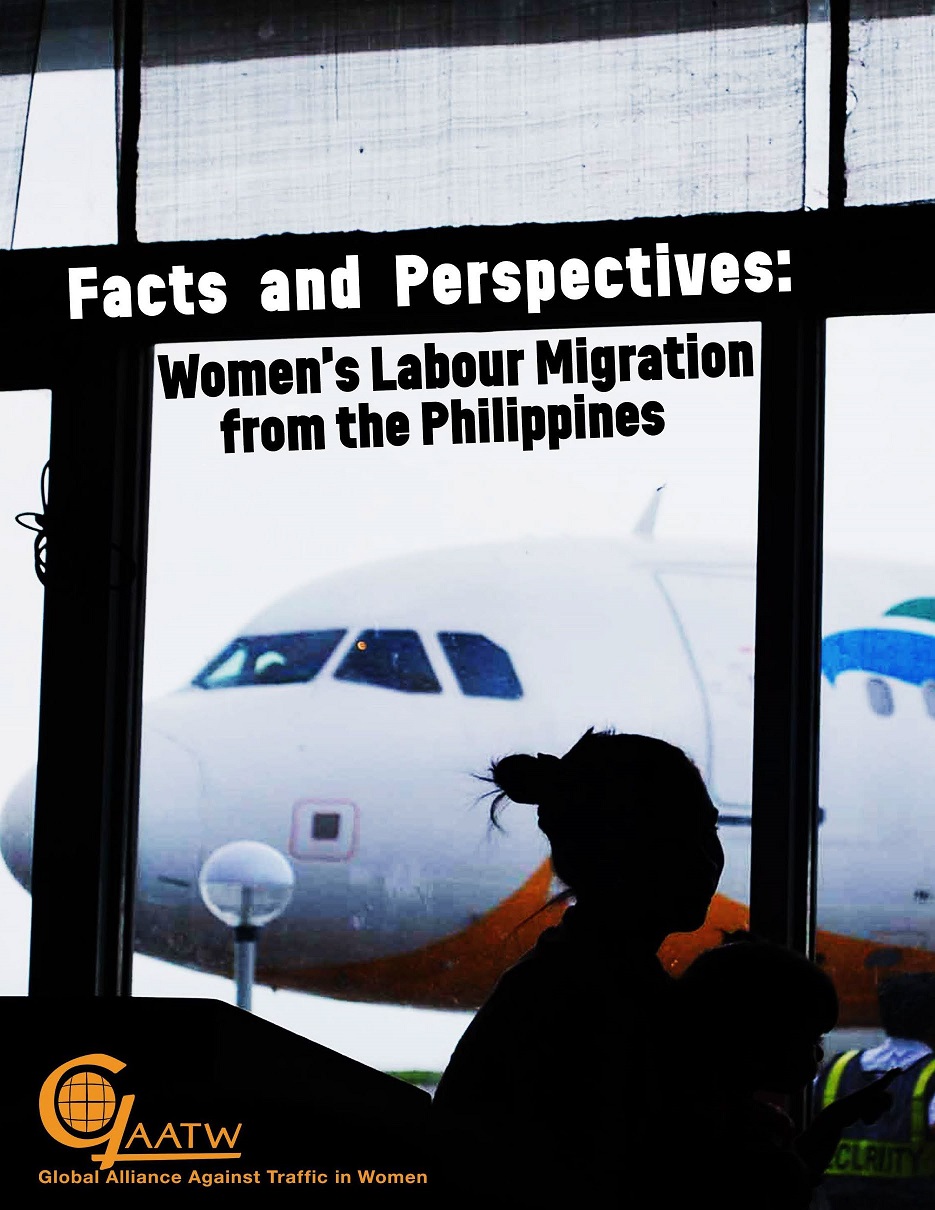
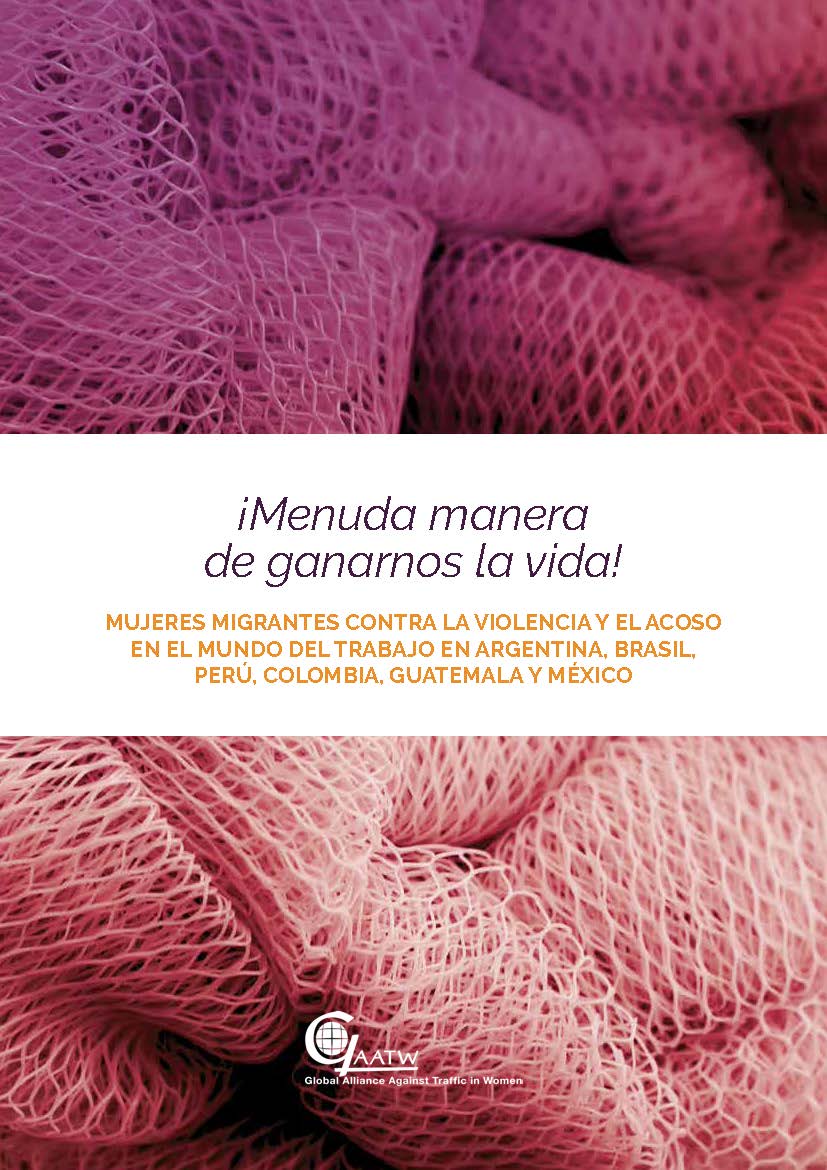
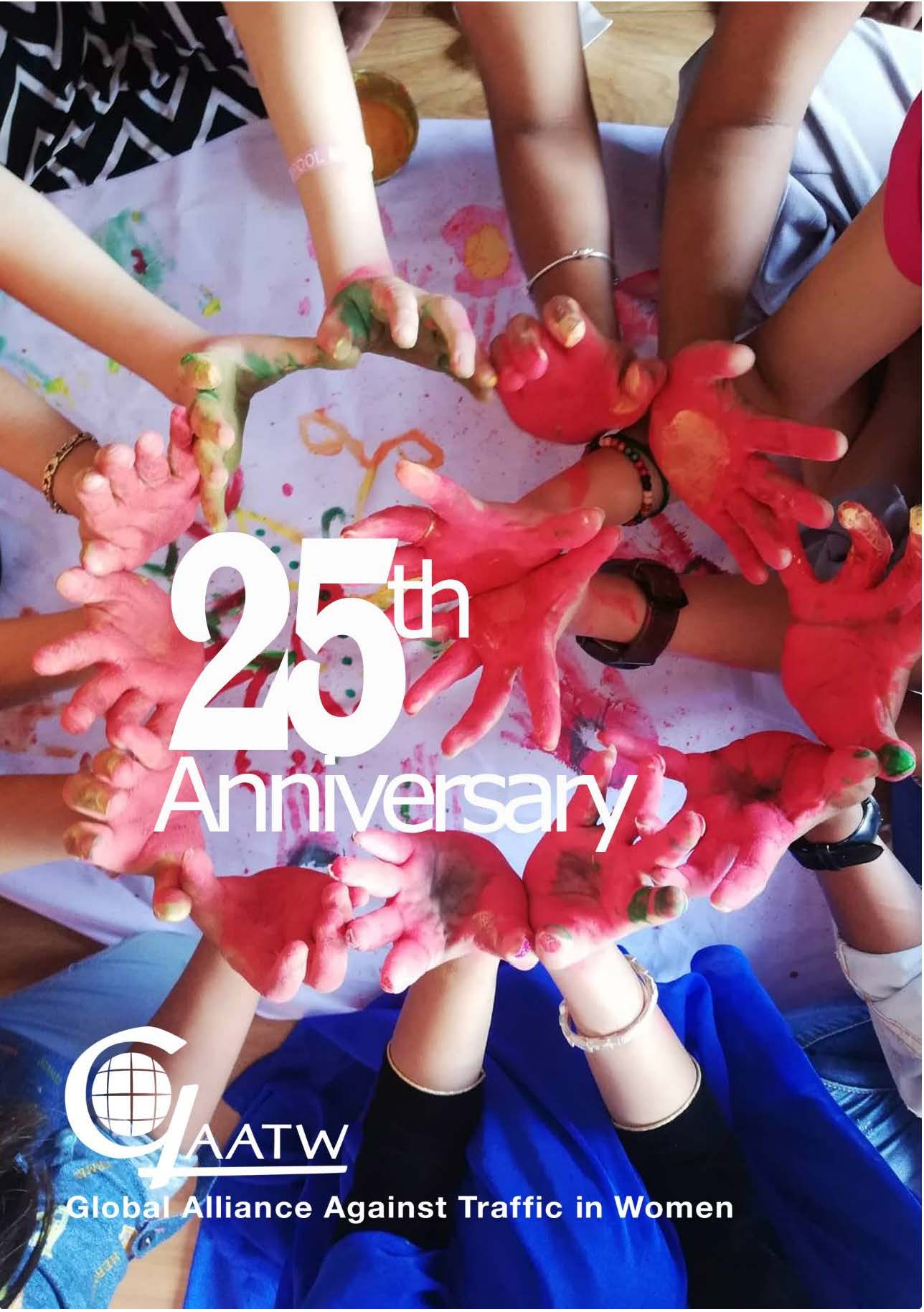
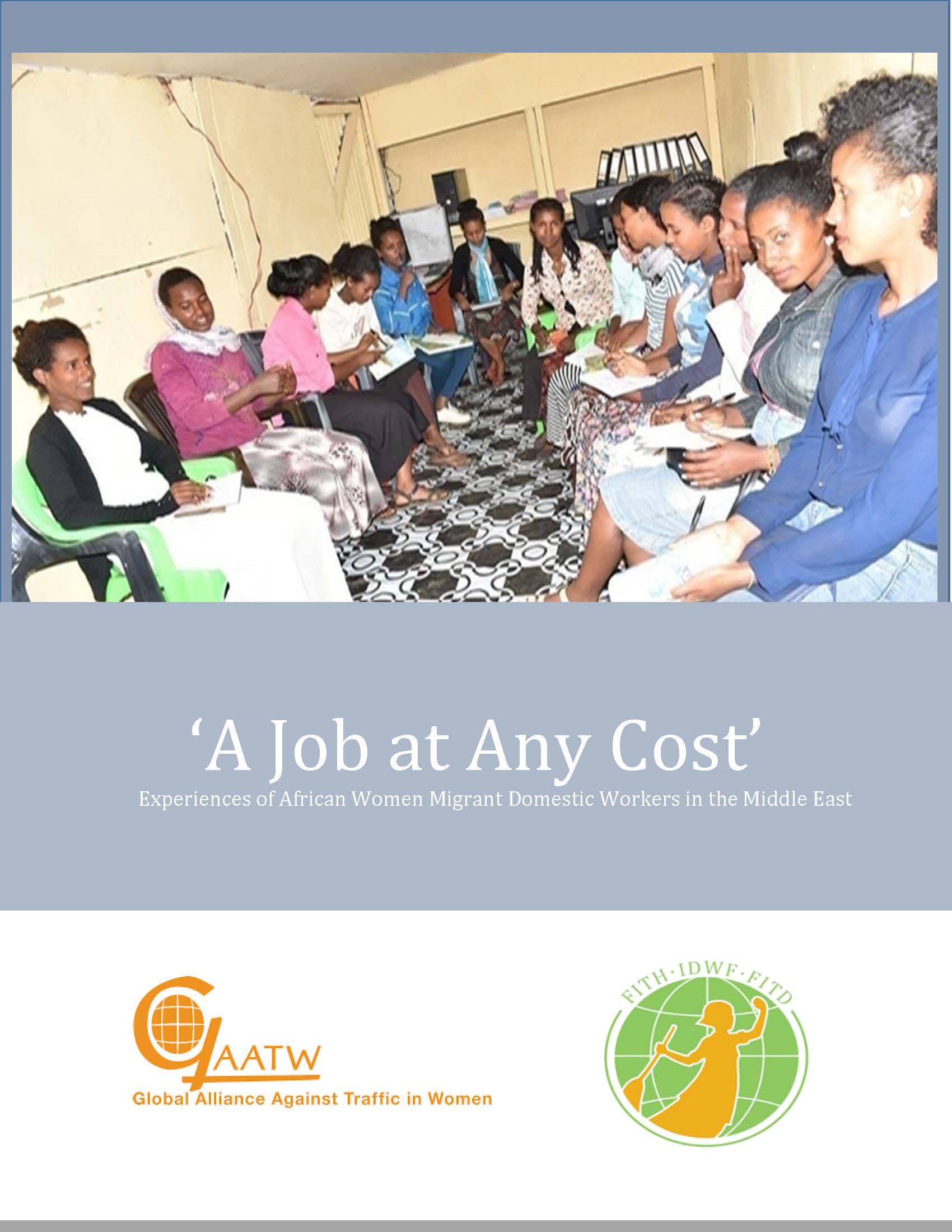
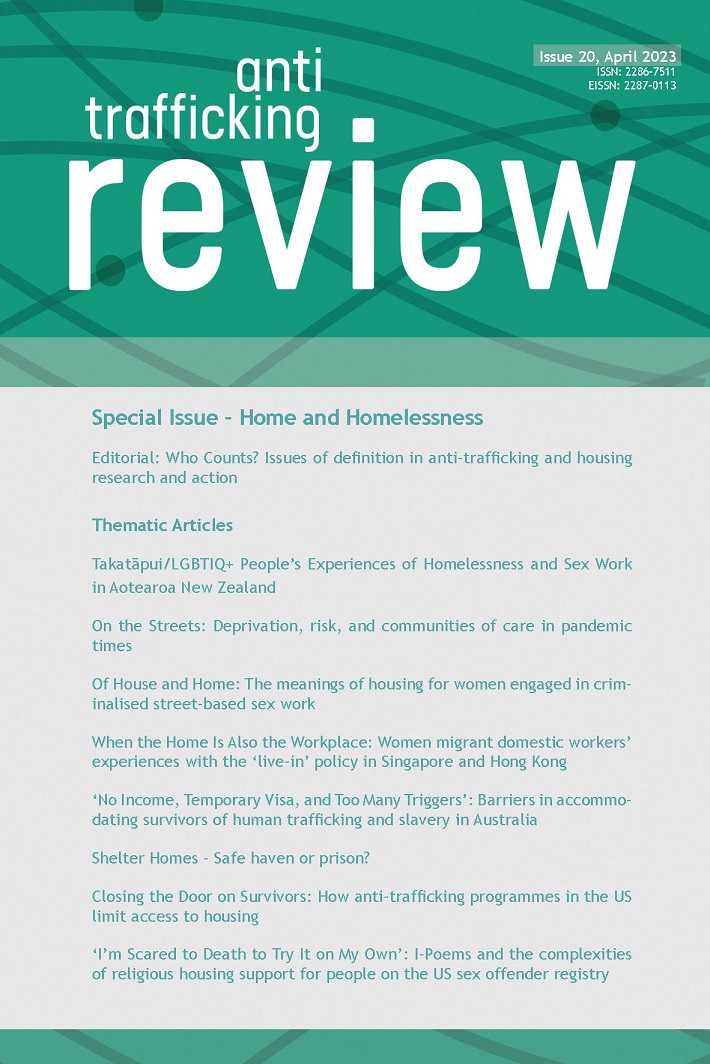
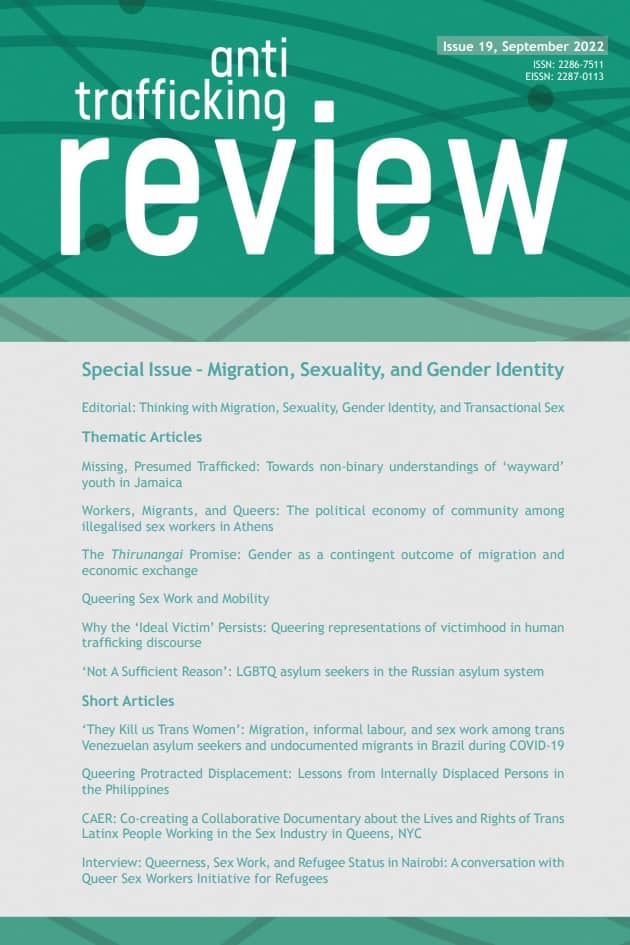
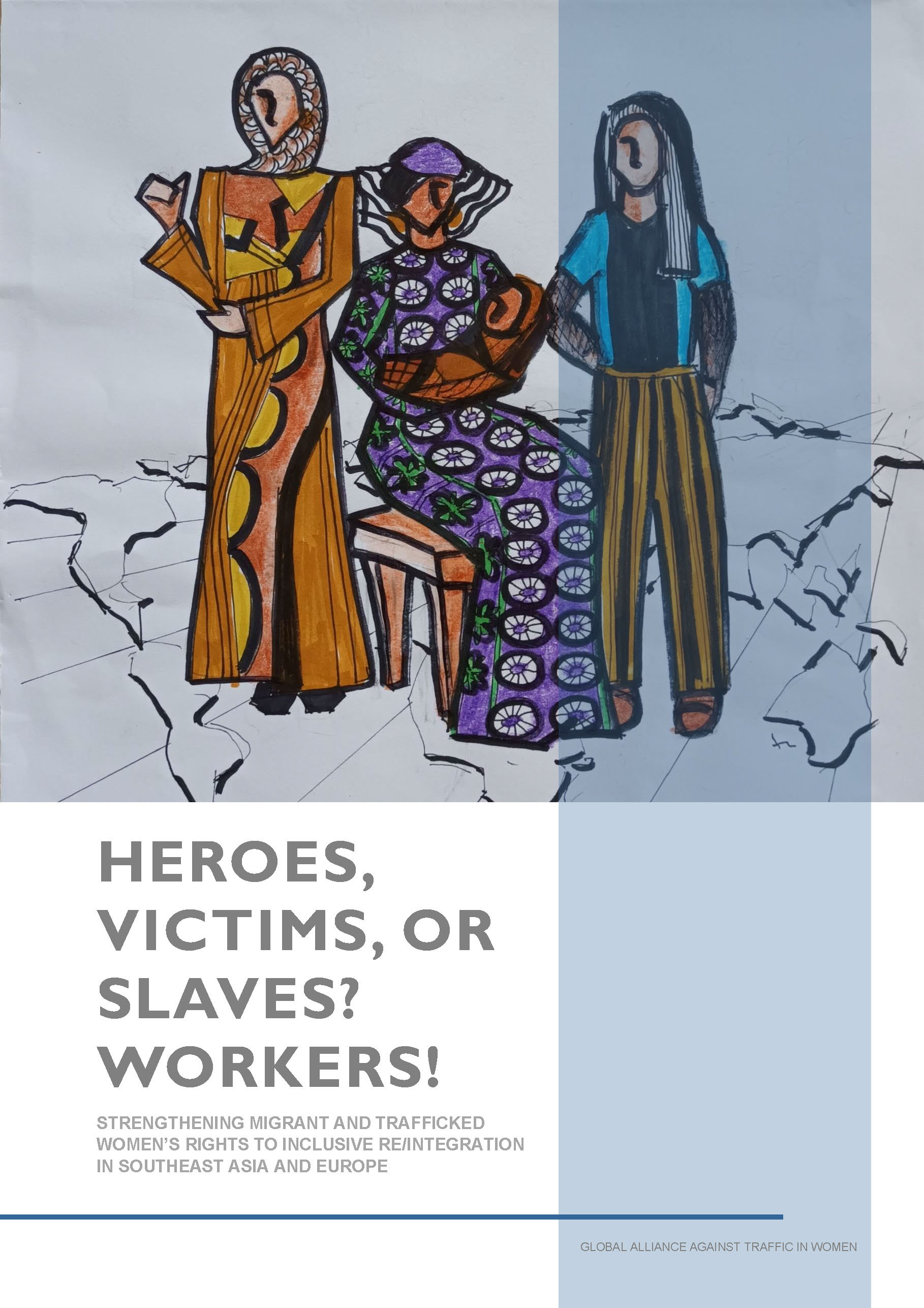
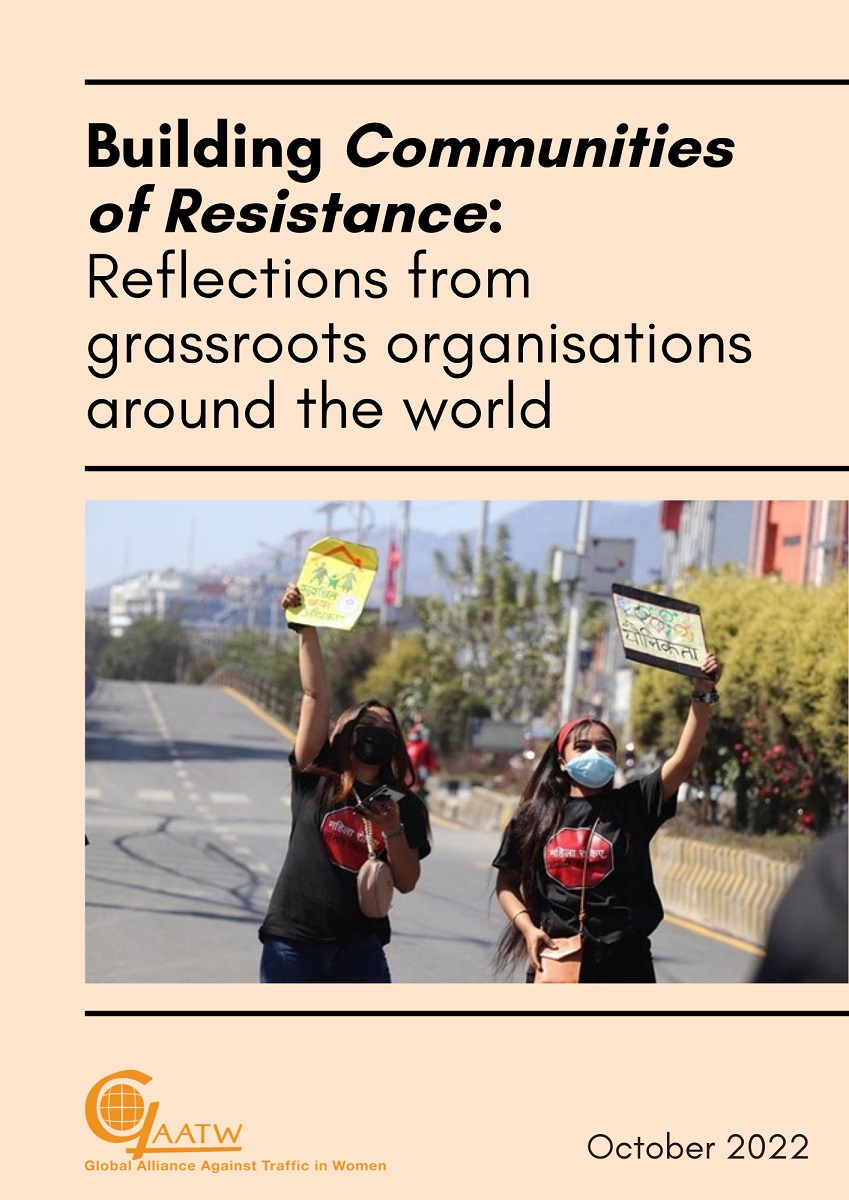
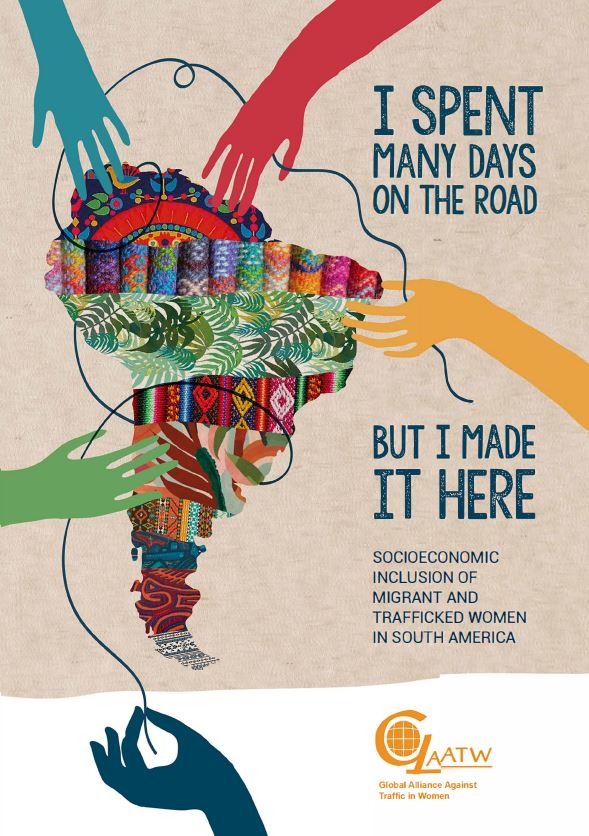
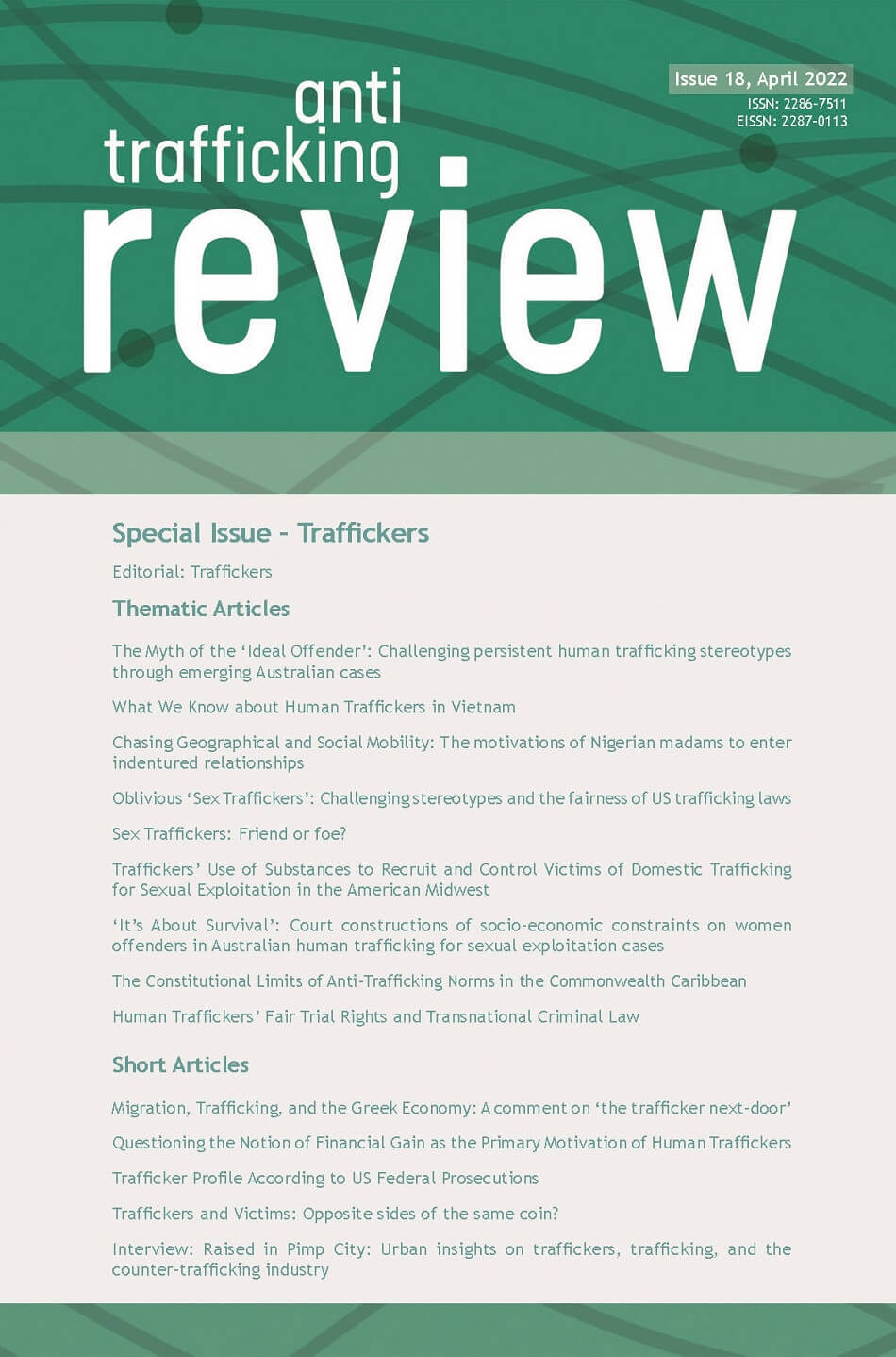
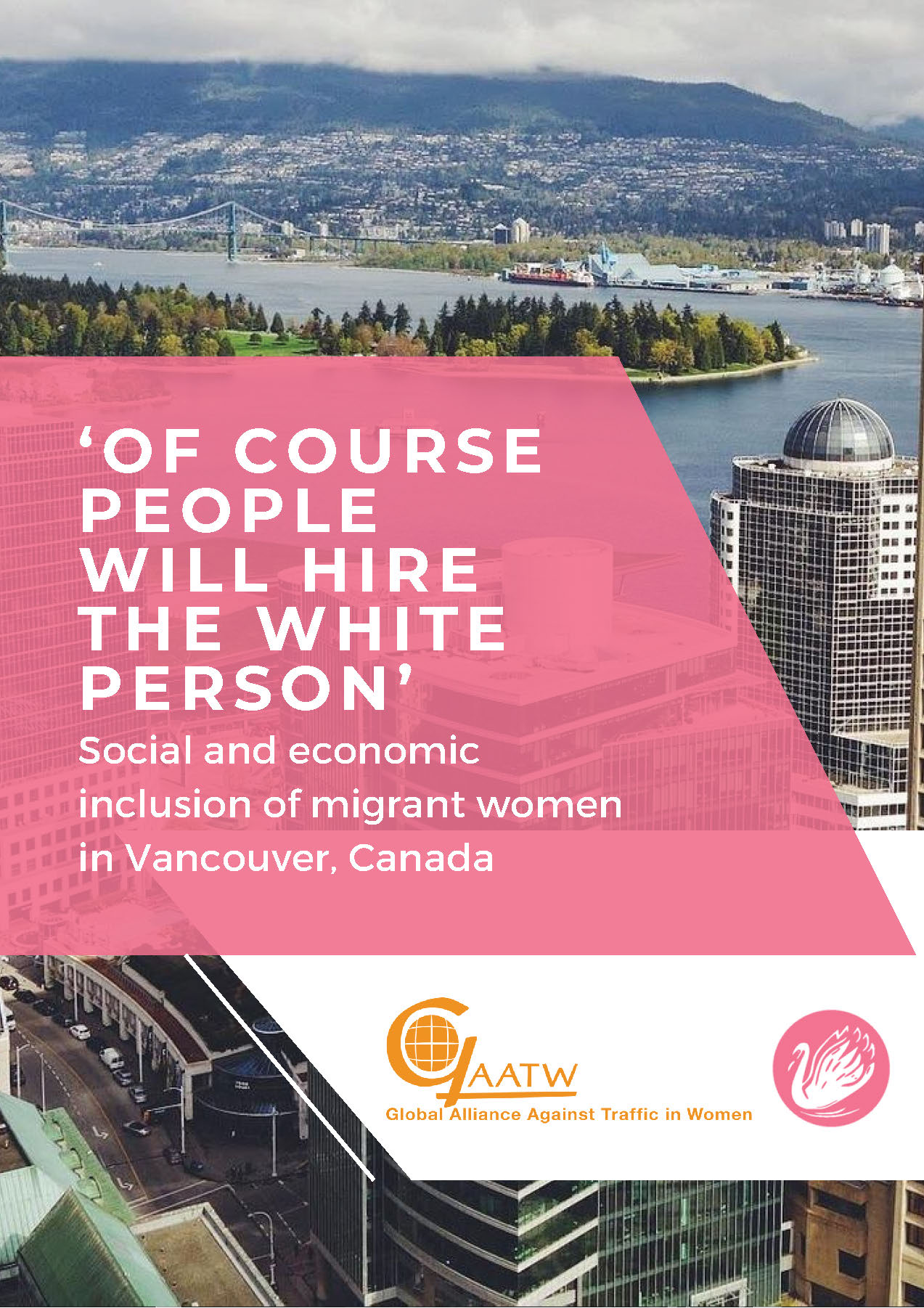
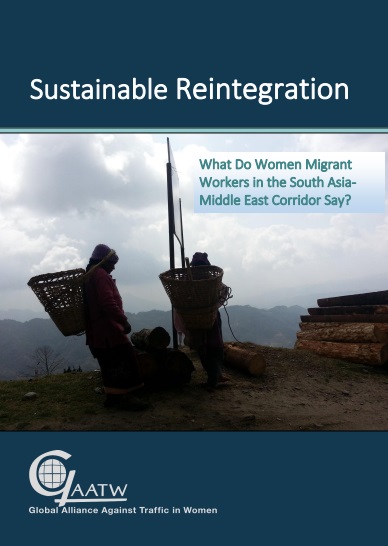
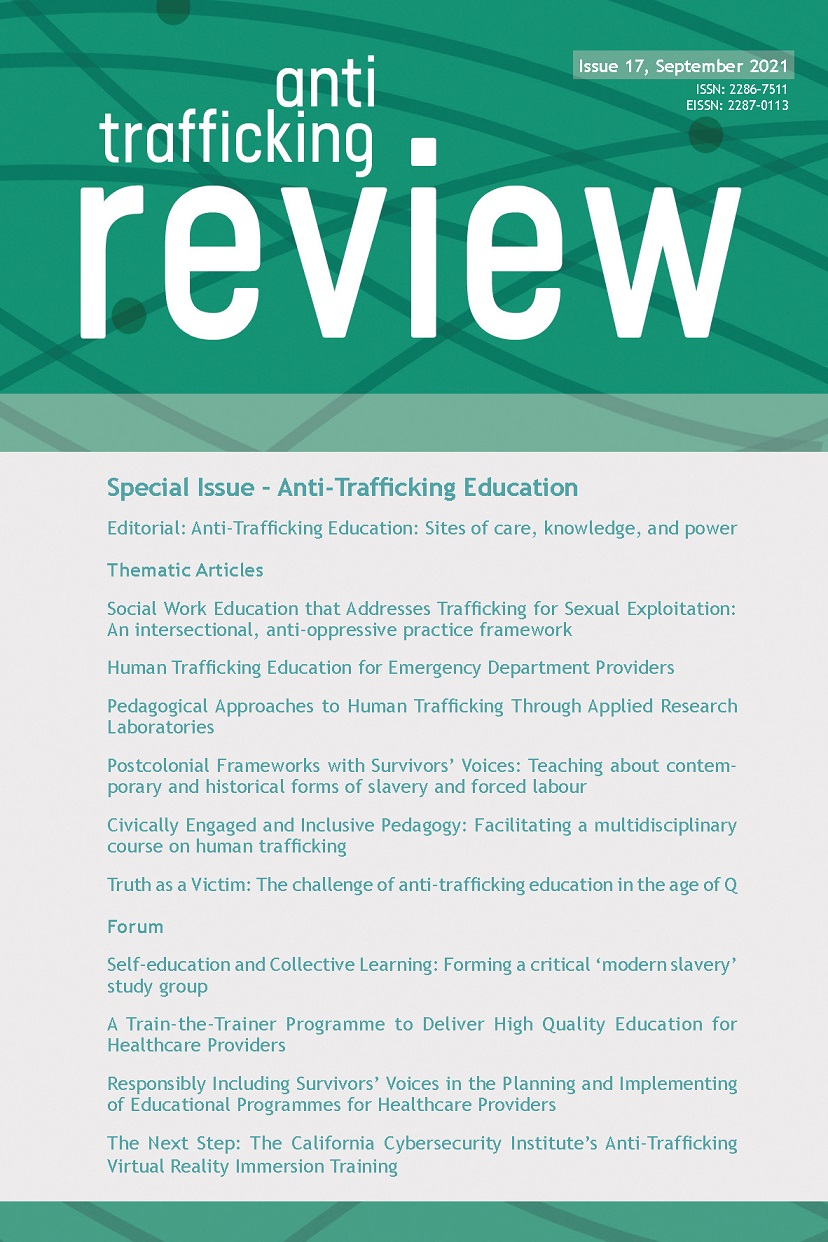
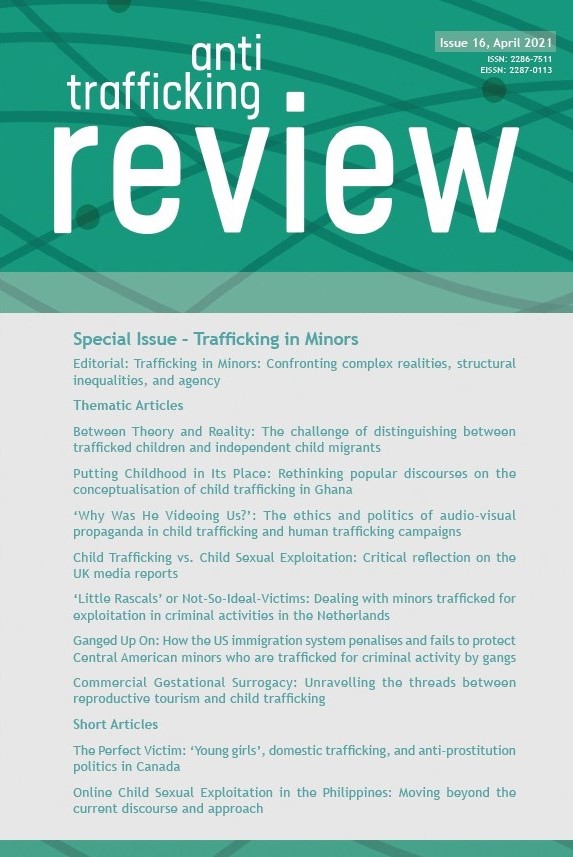
.pdf - Adobe Acrobat Pro 2_8_2021 4_36_32 PM.png)
